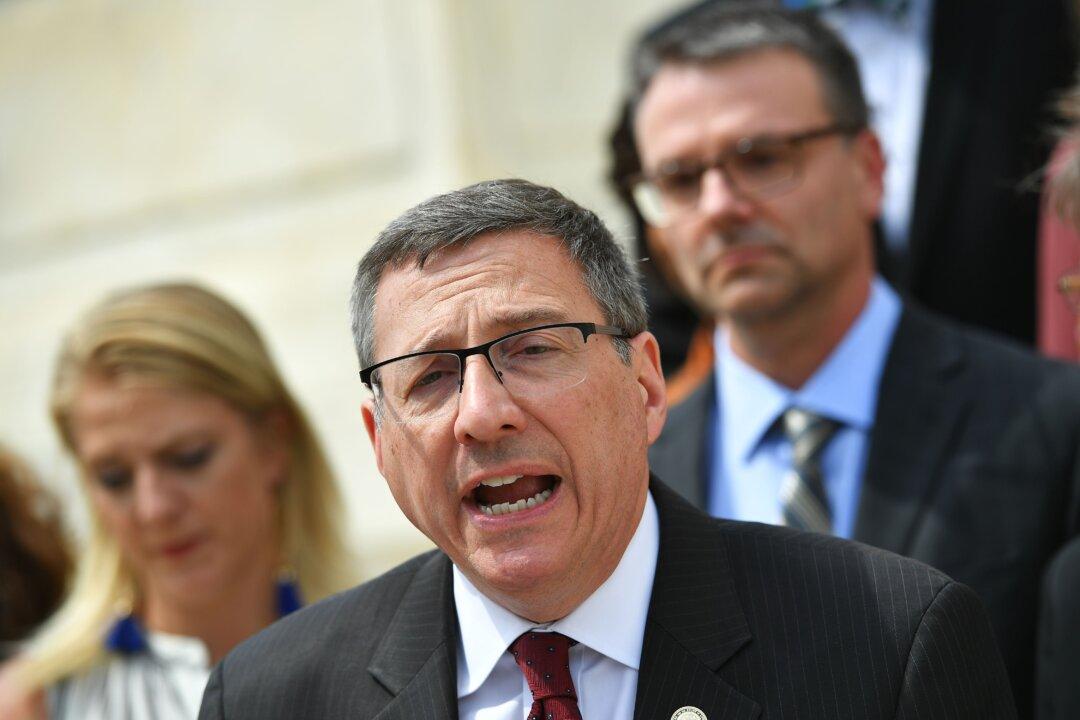The reverend who claims he received advance word of a Supreme Court decision lied in his book, it was revealed on Dec. 8.
Rev. Rob Schenck, a former pro-life leader who has since turned pro-abortion, claimed in his 2018 book “Costly Grace” that he and his brother successfully inserted the word reverend in a case title even though he'd been told that cases did not include such titles.





